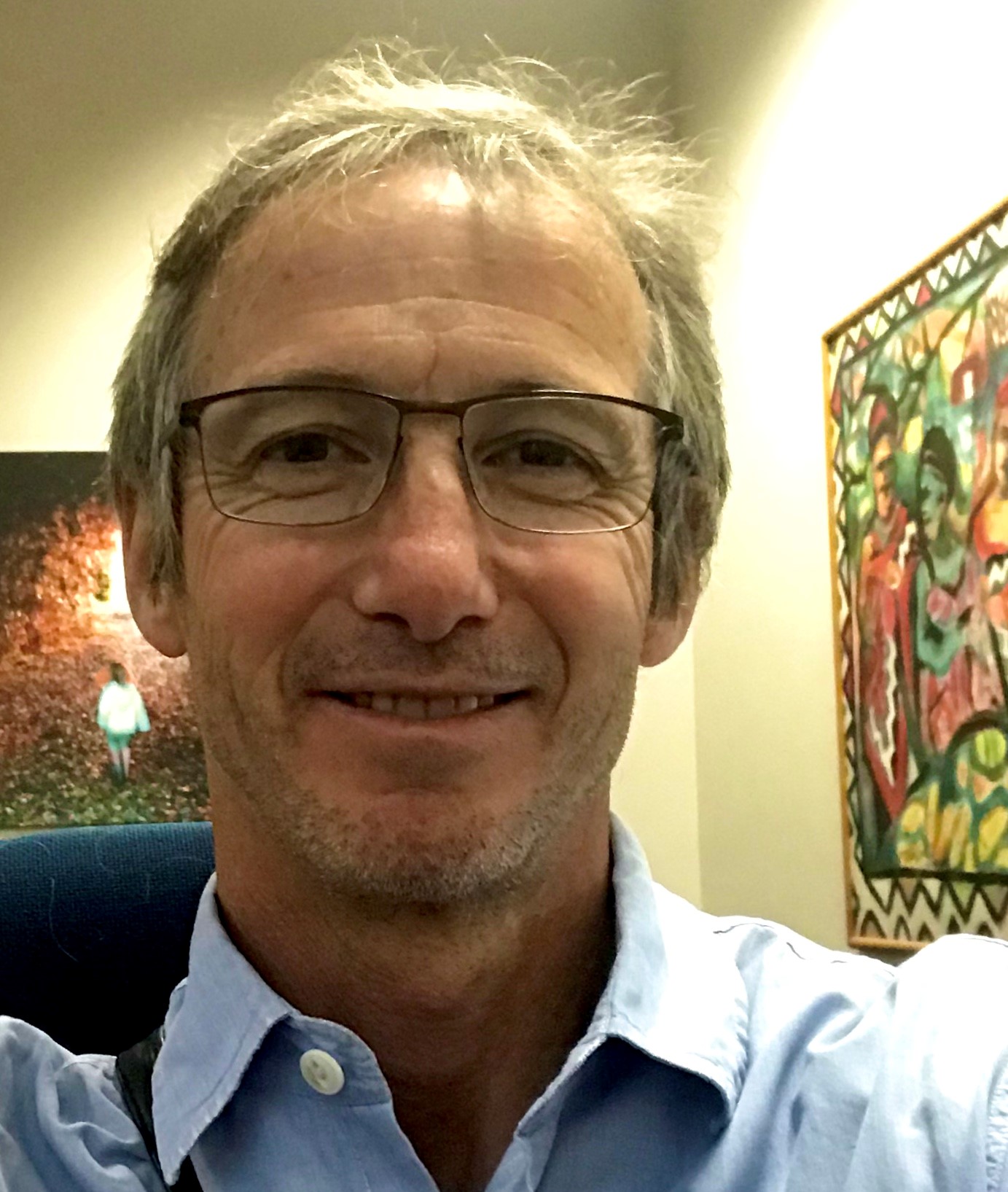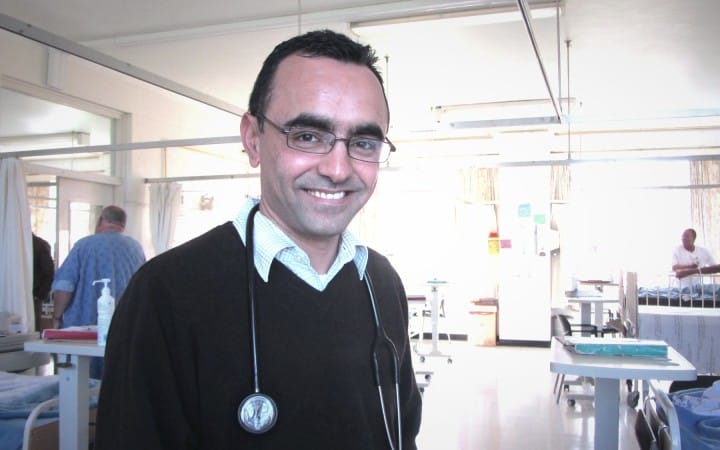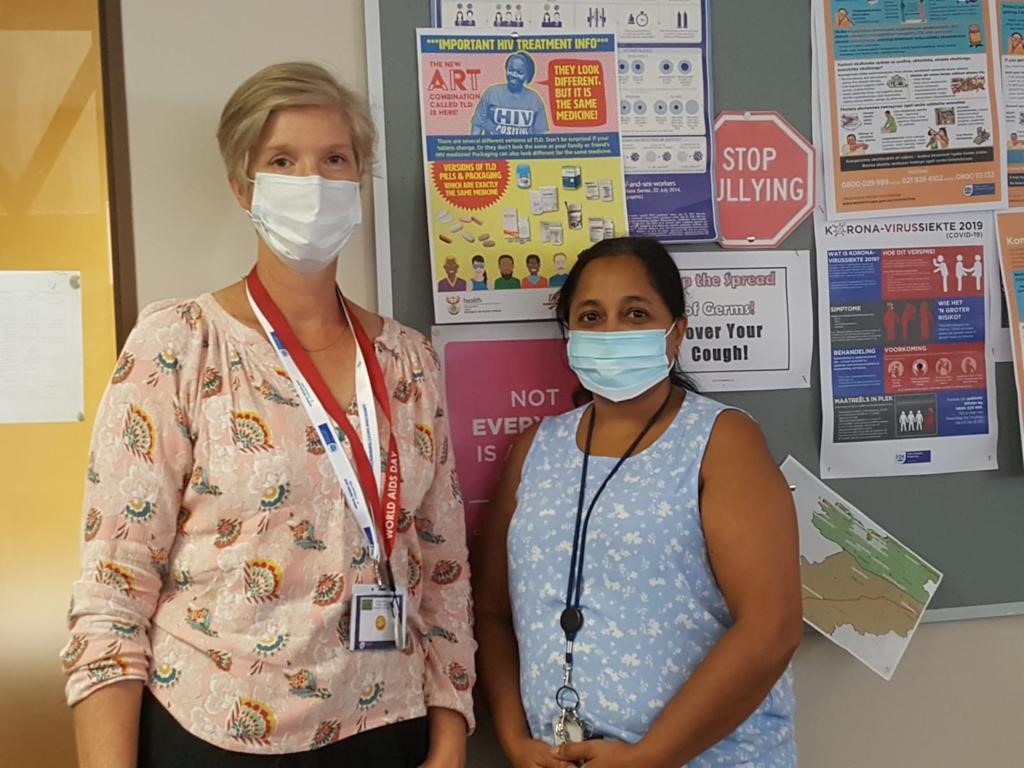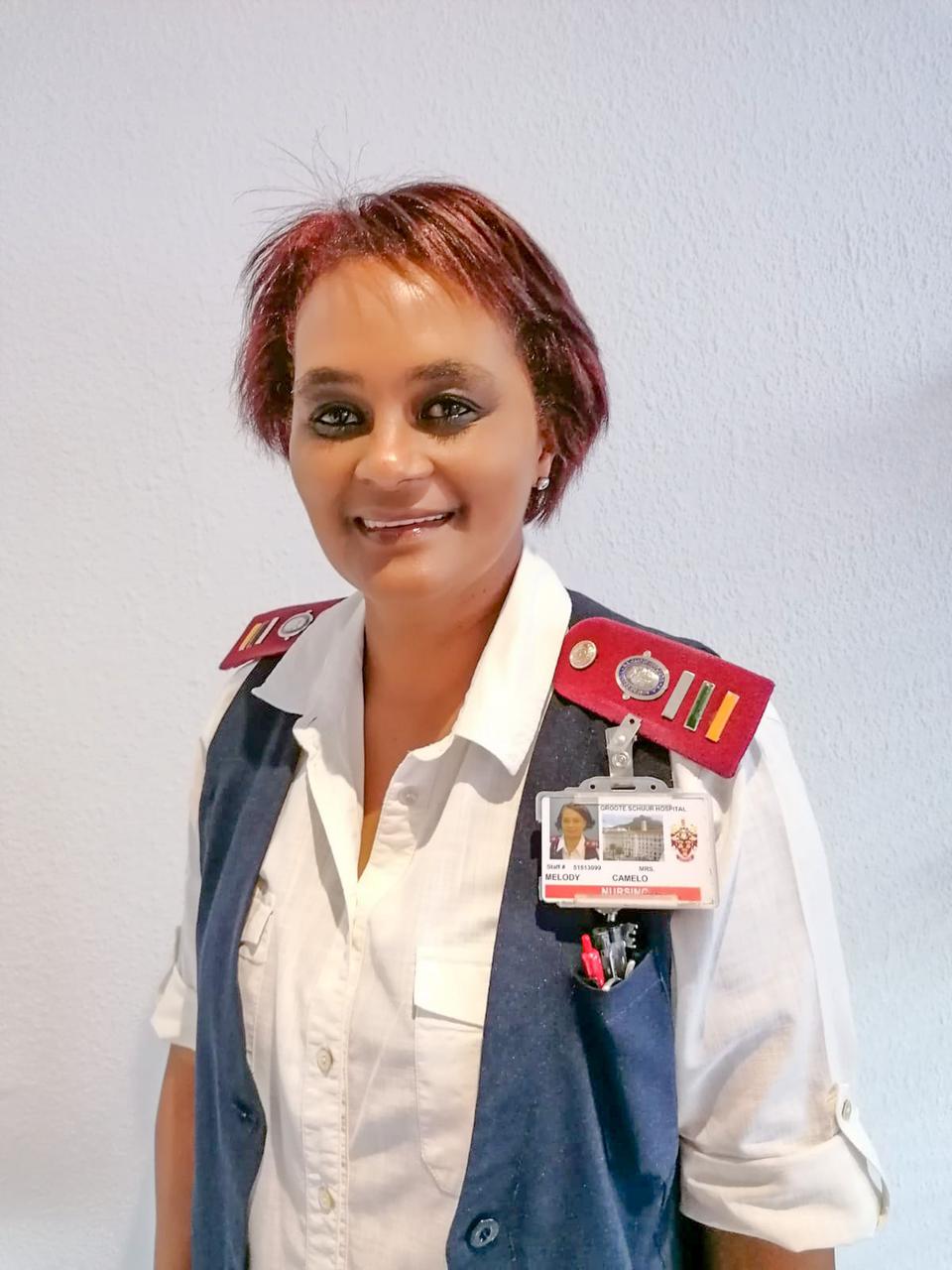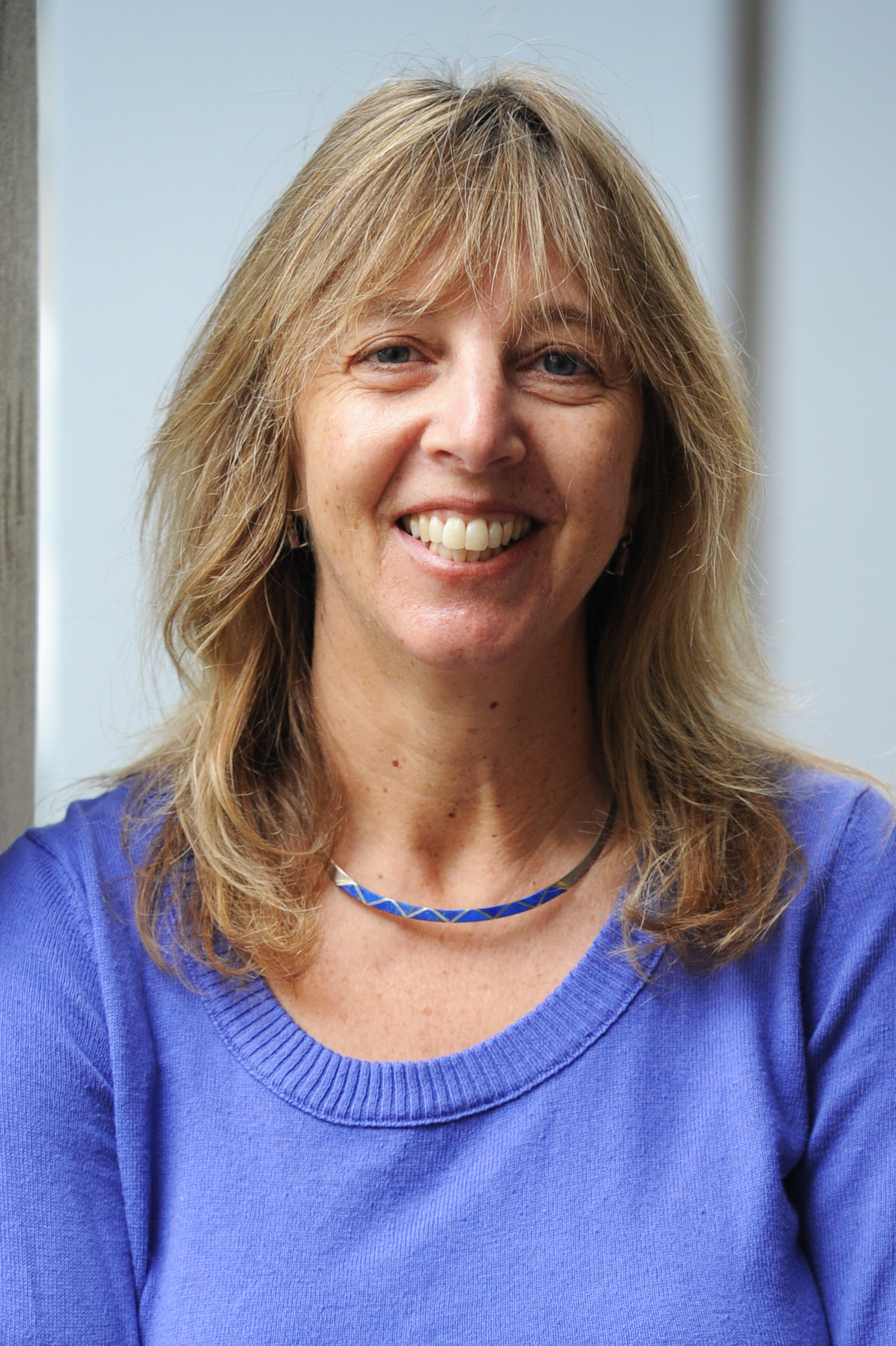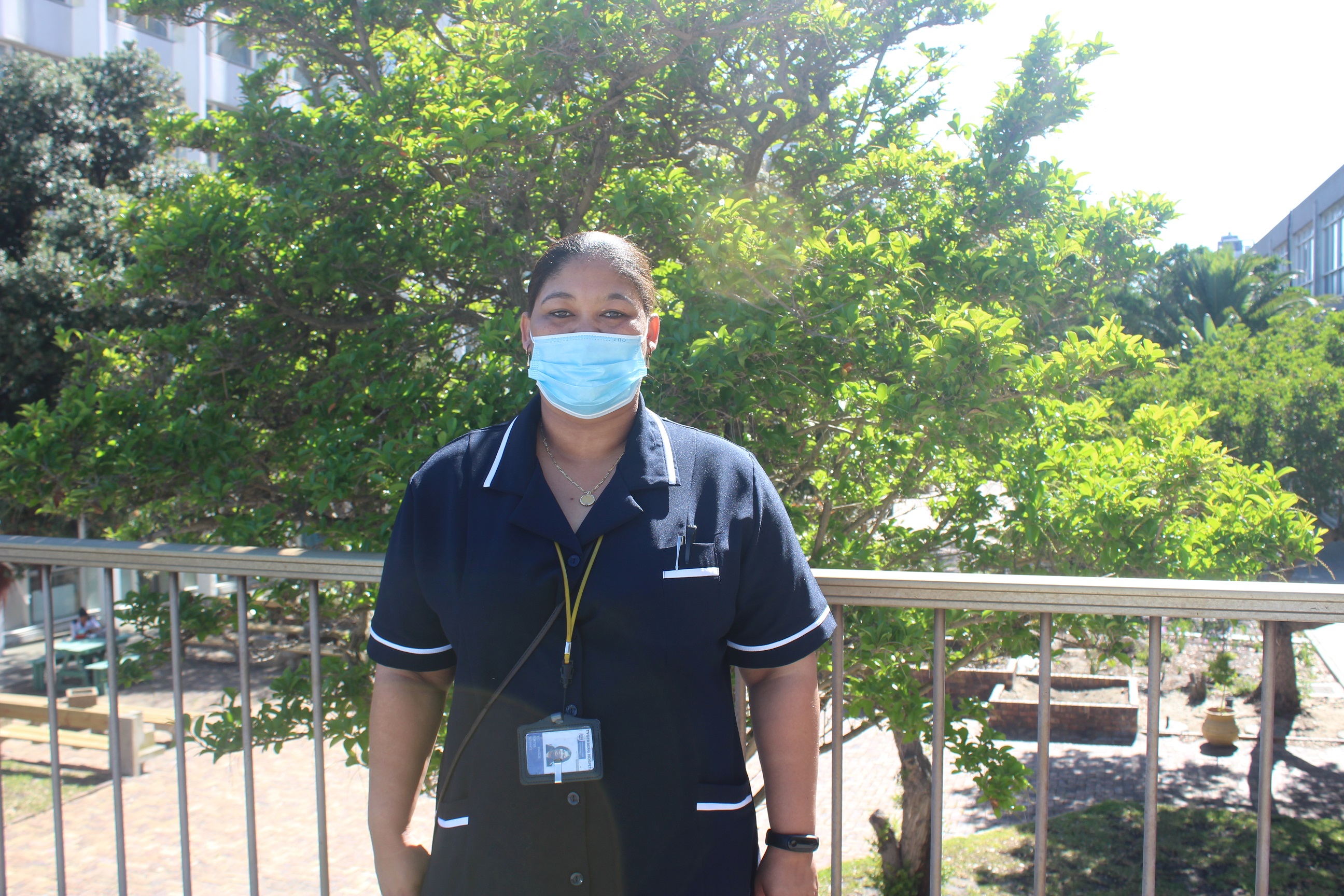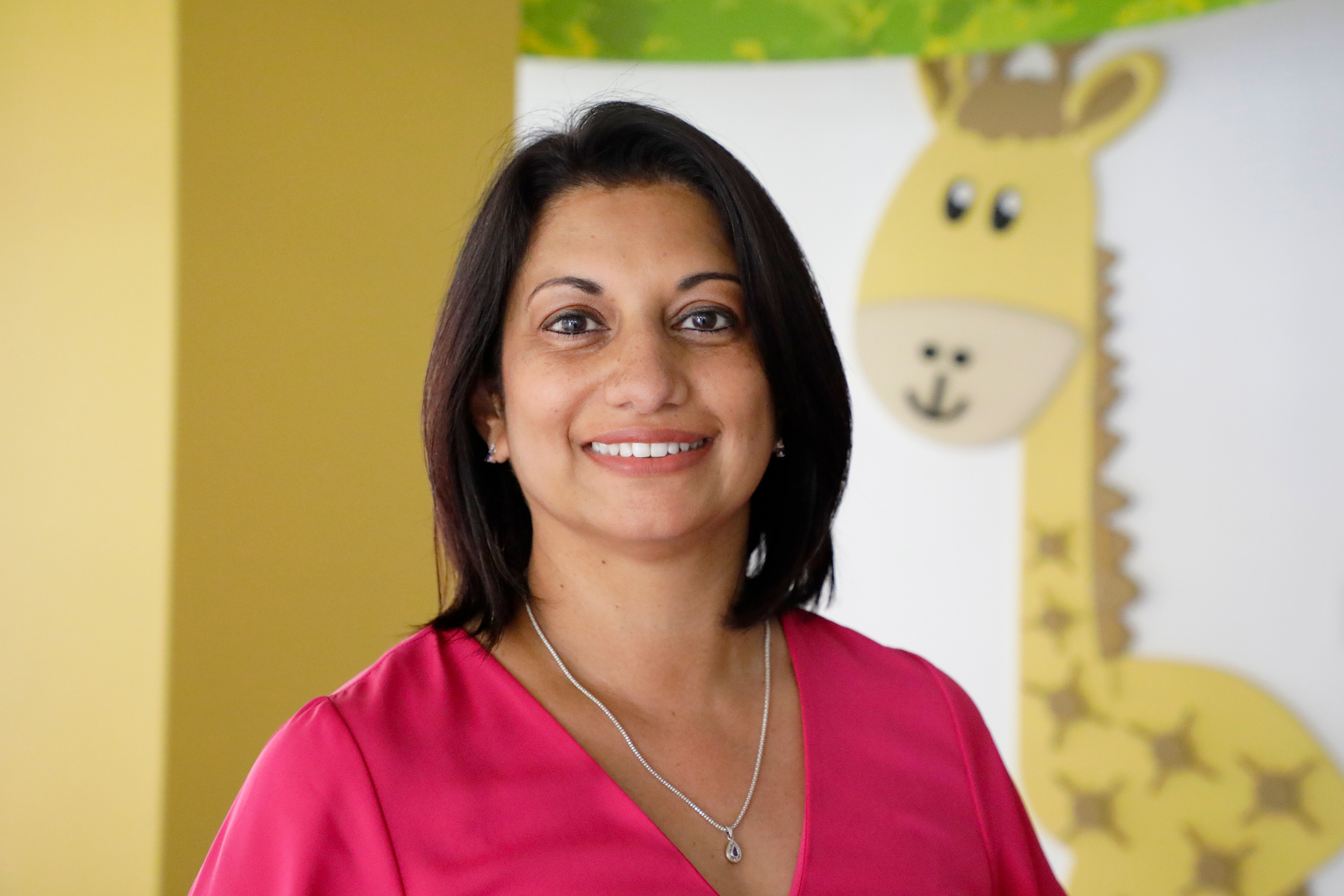
News
WCGH engages health workforce on the readiness of the COVID-19 vaccine roll out
The word on everyone’s lips currently is “vaccine”. More specifically, the COVID-19 vaccines which are currently being administered in several countries. Similarly, South Africa and the Western Cape is also gearing itself for the arrival of these vaccines, broadly considered as an opportunity to “return to some form of normality”.
We should reflect and remember why this vaccine offers society the chance of recovery and being able to do things we have not been able to do. Since the first positive COVID-19 case was confirmed in the Western Cape on 11 March 2020, 256 405 people have been infected and sadly 9 344 of our fellow citizens, friends and family members have succumbed to this pandemic.
The pandemic’s devasting impact on lives and livelihoods has necessitated the urgent development of several vaccines by scientists across the world. Currently there are 10 leading vaccines which have been approved in various countries, with several others in development and testing phase. South Africa has secured 1 000 000 doses of the Covishield vaccine from the Serum Institute of India due for delivery at the end of January 2021 and a further 500 000 in February.
As with previous diseases, these vaccines are an important part in keeping society safe and stopping the spread of COVID-19. This is because vaccines offer protection to an individual, by reducing a person’s risk of infection or the severity of their symptoms, and at a population level. When enough people have received the vaccine, they develop an immune response “herd or population immunity” which results in a low risk of the virus continuing to spread within that community.
As with all things new, it is understandable that there are concerns from society around the safety and efficacy of the vaccine. As part of the Western Cape Department of Health’s roll out strategy, engagements with various groups and sectors have been identified. The first of these have already occurred with the health care workers (15 January) and Labour Unions.
The COVID-19 Vaccination Programme is the largest in the history of the country. It is with this in mind that the Department will be engaging with a range of stakeholders and sectors to ensure its success. Key stakeholders who will be engaged include organized labour, citizens, civil society, Higher Education Institutions (HEI), business sector, religious organizations, statutory citizen engagement structures like hospital boards and health facility committees.
In acknowledgement of concerns raised during these engagements, the Department has taken it on board to address concerns and reassure staff that their safety is top of mind for the Department. In preparation for the engagement with health staff a rapid poll was conducted and received input from 1 680 staff members to determine concerns and the level of acceptance to the vaccine. 918 Health staff indicated they would take the vaccine. Trust and Hope were two themes which were highlighted as reasons for their acceptance of the vaccine. Accepting the vaccine is also voluntarily and as found at these engagements, many health care workers are looking forward to receiving their jabs!
“I am taking the vaccine. Scientists have provided evidence to show that this is currently our best medical defence against COVID-19,” - Dr Anita Parbhoo, Acting CEO, Red Cross War Memorial Children’s Hospital.
“I welcome the vaccine. It will be better than working with this fear of contracting the virus every day. By taking the vaccine we will be taking the 1st step to protect ourselves, our loved ones and our community. We are actively working together to bring this pandemic finally to an end. Smallpox, polio and measles was all brought under control by a vaccine.” – Thouwybah Phillips, Operational Manager for Respiratory ICU, Groote Schuur Hospital.
“I am taking the vaccine. Being the frontline workers of this pandemic, we have a high risk of being exposed, as we play a critical role in caring for our patients.” – Melody Camelo, Operation Manager for Nursing, Groote Schuur Hospital.
“One should ask yourself ‘what can I do to save lives’? My simple answer would be: Vaccinate. By doing this I would not just protect myself, but also those around me. – Andre Lindoor, Social Work Supervisor, Tygerburger Hospital.
“We will be taking the vaccine as we trust the science and believe that the vaccines have sufficient efficacy and safety from the trial data.” - Jackie Voget and Vanessa Mudaly, public health specialists.
“Being vaccinated will protect vaccinated individuals from severe disease but will also indirectly protect other non-vaccinated people who may be at very high risk of dying.” – Dr Jantjie Taljaard, infectious diseases specialist, Tygerberg Hospital.
“The vaccine is one of the greatest advances we have to combat this terrible pandemic. So many have suffered and there has been so much loss and the vaccine can stop this.” – Prof Heather Zar, Department of Paediatrics & Child Health, Red Cross War Memorial Children’s Hospital.
“We are Frontliners and as Health workers we have to take the lead and try to protect not only the public but ourselves and our loved ones. Let’s be fighters and fight this fight.” - Vigenee Cole Davids, Porter at Tygerberg Hospital.
“I am looking forward to receiving the vaccine and have no real fears or hesitation as I fully trust the scientific and regulatory process. Like any other vaccine or new drug, there are bound to be side effects that affect a small number of recipients. The risk-benefit of the vaccine dramatically favours administration of the vaccine with the biggest risk being death.” - Dr Nasief van der Schyff, Head of Department of Medicine at Victoria hospital.
Logistics
The vaccine will be given out in three phases beginning with frontline healthcare workers, followed by other essential workers and high-risk groups (people in congregate settings, over the age of 60 and people over 18 years of age with comorbidities), before trying to reach the wider population (persons 18 years and older). In the Western Cape, a provincial C-19 Vaccine Co-ordinating Committee (CVCC) has been established and will fulfil a stewardship role to enable a multi-sectoral provincial COVID-19 Vaccination Programme. The committee will keep relevant stakeholders informed on progress and connect with the National Vaccine Co-ordinating Committee (NVCC). A private health sector co-ordinating committee consisting of the relevant stakeholders and an expert advisory committee, also being established. These structures collectively represent the central governance arrangement for the vaccination programme.

